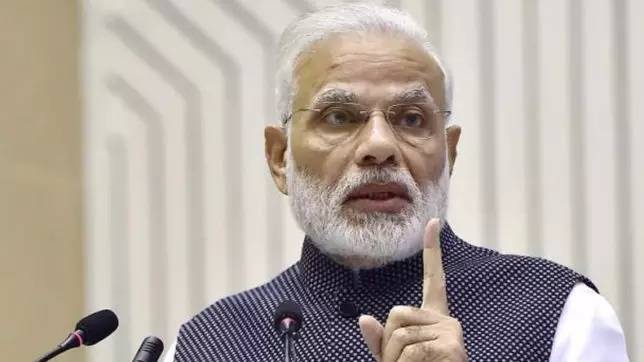In a big push to the clean governance agenda of the Modi government, President Ram Nath Kovind has ordered the compulsory retirement of 15 senior customs, central excise officials. The order which was passed in accordance with the powers conferred under clause (j) of Rule 46 of the Fundamental Rules, was directed against senior officials of the Central Board of Indirect Taxes and Customs (CBIC).
The 15 officers who have been forcibly retired occupied high-level ranks of Assistant Commissioners, Principal Commissioners or Commissioners. As per the Finance Ministry, the stringent action was taken in view of serious allegations against the retired officers including corruption, extortion, acquisition of movable and immovable assets without intimation to the proper authorities, smuggling and bribery.
The officers are to be paid an amount equivalent to three months’ pay and allowances and the Modi government has not taken the option of giving a three months’ notice. The relevant provision states, “The Appropriate Authority shall, if it is of the opinion that it is in the public interest to do so, have the absolute right to retire any Government servant by giving him notice of not less than three months in writing or three months’ pay and allowances in lieu of such notice.”
Only about a week ago, the Modi government had compulsorily retired 12 other senior Finance Ministry officials in a similar manner. While the present action is directed against customs and central excise officials, that action was directed against senior Income Tax officers. The Finance Ministry order forcibly retiring the 12 senior officers read, “In exercise of the powers conferred by clause (j) of rule 56 of the Fundamental Rules, the President of India has retired 12 Officers of the Indian Revenue Service (Income Tax) in public interest with immediate effect from the afternoon of June 11, 2019 on completing 50 years of age.”
The retired officers occupied top ranks- Chief Commissioners, Principal Commissioners or Commissioners of the Income Tax Department. They were also paid an amount equivalent to three months’ pay and allowances. Therefore, it can be said that the action taken against the 15 senior officers yesterday is an extension of the order passed about a week ago. The government has given a loud and clear message- it is going to clean up the bureaucracy and as such, there is no place for tainted officers.
The Modi government seems to have taken a firm resolve to revolutionise the Indian bureaucracy and has taken several steps to bring an element of professionalism. However, the topmost priority of the government seems to ensure that there are no blemished officials in the top brass of the bureaucracy. It wants to rid the bureaucracy of officers facing serious graft allegations.
Along with the massive clean-up operation that the Modi government has launched, it has also resolved to transform the bureaucracy with the help of the lateral entry scheme whereby the government seeks to bring in a talent pool from outside the civil services in order to transform the way Indian bureaucracy works. Therefore, 40 percent of the Joint Secretaries are going to be non-IAS shaping up the Indian bureaucracy for present-day challenges. A clean bureaucracy equipped with expertise across several sectors has clearly emerged as the topmost priority for the Modi government.
